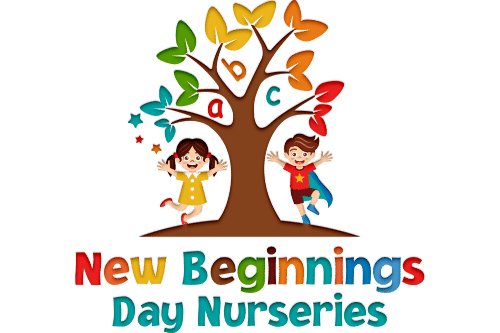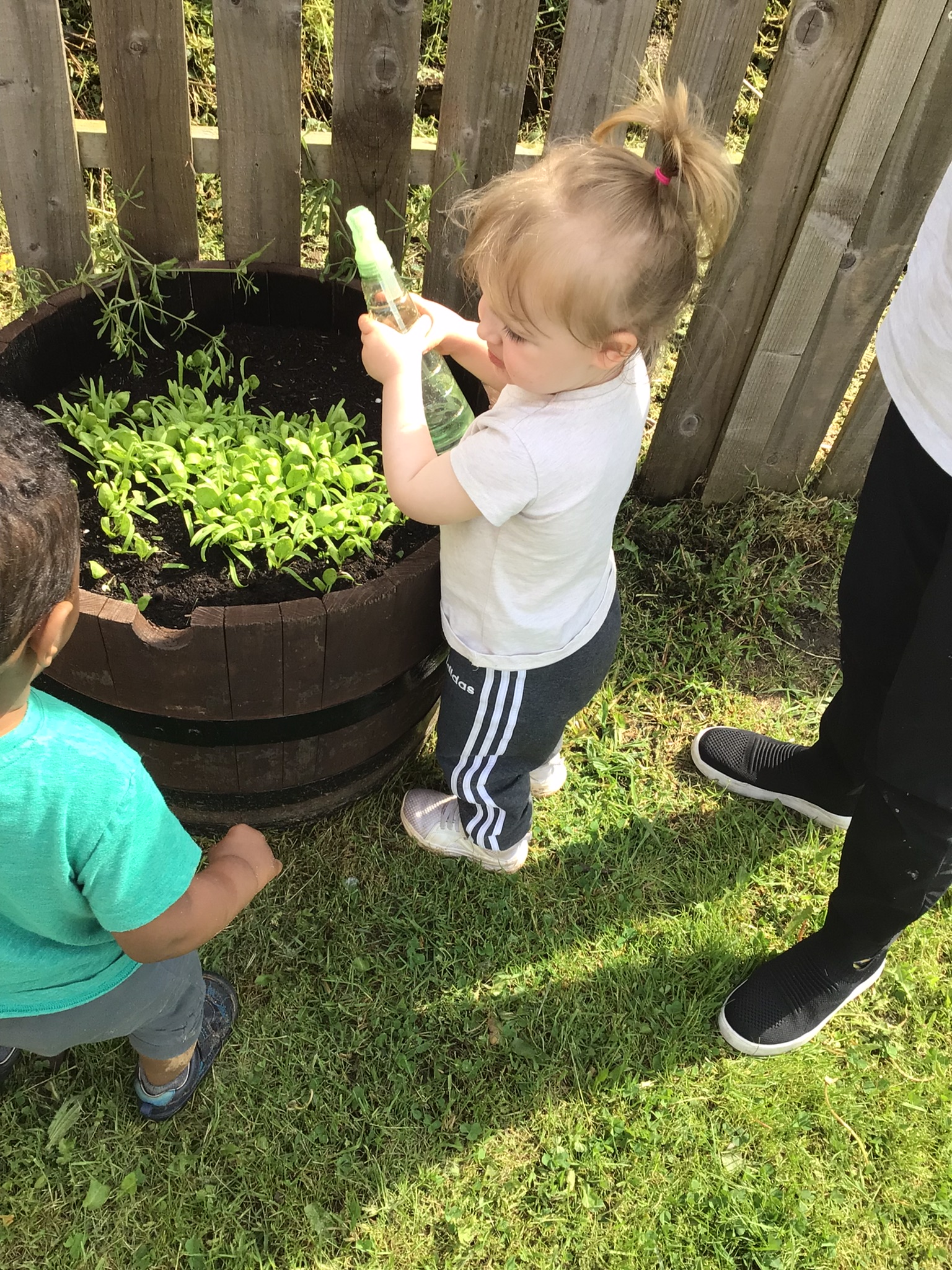🤝 Get Answers from Early Childhood Education Professionals!
Early childhood is a critical period for development, and parents often have questions about play, learning, and common preschool challenges. We spoke with an early childhood education specialist, to get expert advice on these important topics.
🟢 How to Encourage Independent Play?
Q: Why is independent play so important for young children?
Independent play helps children develop problem-solving skills, creativity, and confidence. It teaches them how to entertain themselves, make decisions, and explore the world at their own pace—without relying on adults for constant guidance.
Q: Many parents struggle with getting their child to play alone. Any tips?
Start with small steps:
✔ Create a safe, engaging play area with open-ended toys like blocks, puzzles, and pretend play items.
✔ Begin with short time frames—even 5–10 minutes of solo play is progress.
✔ Use a “stay close but don’t interfere” approach—sit nearby but let them explore on their own.
✔ Offer choices—”Would you like to build with blocks or play with your dolls?” This gives them ownership over their playtime.
Q: What are the best toys for fostering independent play?
Open-ended toys are best because they encourage creativity. Examples include:
🎨 Art supplies (crayons, stickers, playdough)
🏗 Building blocks or LEGO
🧸 Pretend play items (kitchen sets, dolls, dress-up clothes)
🧩 Simple puzzles
Q: Some parents feel guilty letting their child play alone. Should they?
Absolutely not! Independent play isn’t neglect—it’s a key part of learning. It’s okay to step back and allow your child to explore and create on their own. Plus, it gives parents a much-needed break!
🟢 The Science of Play-Based Learning – What Every Parent Should Know
Play is not just fun—it’s how children learn! Research shows that play-based learning builds essential skills in problem-solving, emotional intelligence, and cognitive development.
- What Is Play-Based Learning? Play-based learning is when children explore, imagine, and create while developing important skills. It includes:
✔ Pretend play (e.g., playing “doctor” or “shopkeeper”)
✔ Building and constructing (e.g., LEGO, block towers)
✔ Outdoor and physical play (e.g., climbing, running, sports)
✔ Creative activities (e.g., painting, dancing, singing)
- Why Is Play More Effective Than Worksheets?
Unlike passive learning (e.g., memorising letters or numbers), play is interactive and engaging, making learning more meaningful. Studies show that children learn better when they are actively involved rather than just listening or repeating information.
- What Skills Does Play Develop?
🧠 Cognitive Development – Problem-solving, memory, and focus.
💬 Language & Communication – Learning new words and social interaction.
🎭 Social & Emotional Growth – Understanding feelings, cooperation, and sharing.
🏃♂️ Motor Skills – Running, jumping, grasping objects, and fine motor coordination.
- How Can Parents Support Play-Based Learning at Home?
- Follow your child’s lead – Let them explore at their own pace.
- Ask open-ended questions – “What are you building?” “Tell me about your drawing!”
- Limit screen time and encourage hands-on activities.
- Provide a mix of structured and unstructured play – Some activities can be guided, but free play is just as important.
👉 Key Takeaway: Play is not a waste of time—it’s the foundation of learning and development.
🟢 Common Preschool Struggles & How to Overcome Them
Starting preschool is a big milestone! But it can come with challenges like separation anxiety, difficulty making friends, and following routines. Here’s expert advice on how to handle these common issues:
- Separation Anxiety 😢
✔ Prepare your child in advance – Talk about what to expect, read books about preschool, and do trial visits.
✔ Keep goodbyes short and sweet – A quick hug, a reassuring smile, and a confident “See you later!” helps ease anxiety.
✔ Send a comfort item – A small stuffed toy or a photo of family can provide security.
✔ Trust the process – Most children adjust within a few weeks!
- Struggling to Make Friends 🤝
✔ Encourage social skills at home – Practise turn-taking and sharing during playtime.
✔ Set up playdates with other preschoolers.
✔ Teach conversation starters – Simple phrases like “Can I play with you?” can help.
- Not Following Instructions 📢
✔ Use short, clear directions – “Put your shoes on, please” instead of a long explanation.
✔ Make it a game – Turning tasks into a fun challenge encourages cooperation.
✔ Praise good listening – “Great job putting your toys away!” reinforces positive behaviour.
- Refusing to Share or Take Turns
✔ Practise sharing at home – Use phrases like “My turn, your turn” during play.
✔ Praise moments of sharing – “That was kind of you to let your friend use your toy!”
✔ Use a timer – If two children want the same toy, a simple “2-minute turn” rule can help.
Final Thoughts
Expert insights show that:
✔ Independent play builds confidence and creativity.
✔ Play-based learning is the best way for young children to develop key skills.
✔ Preschool struggles are normal and can be managed with patience and consistency.
By using these expert-backed tips, parents can support their child’s growth, build resilience, and make early learning enjoyable! 🎉
👉 Want more expert advice? Subscribe to our blog for regular Q&As with childcare specialists!

